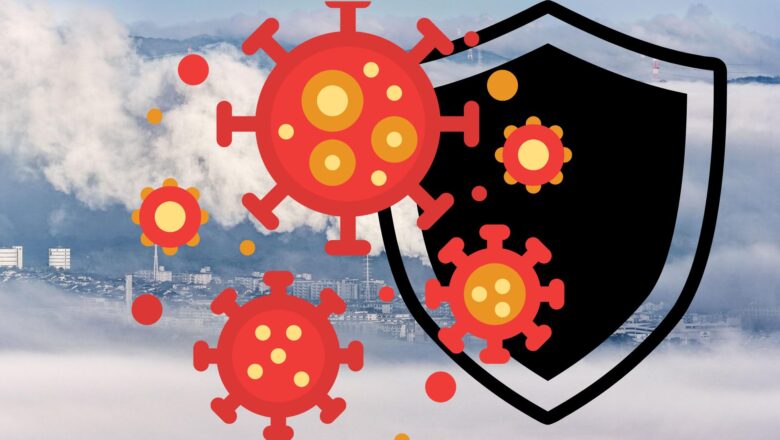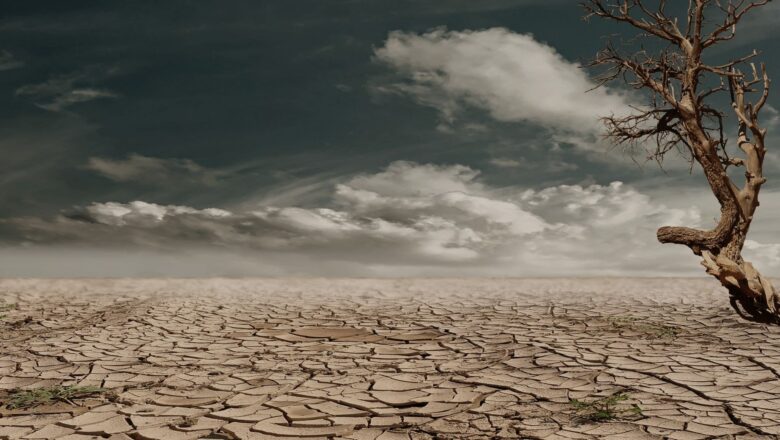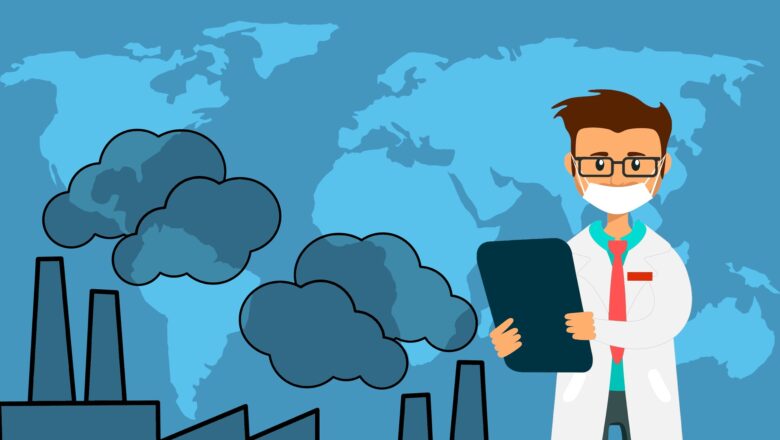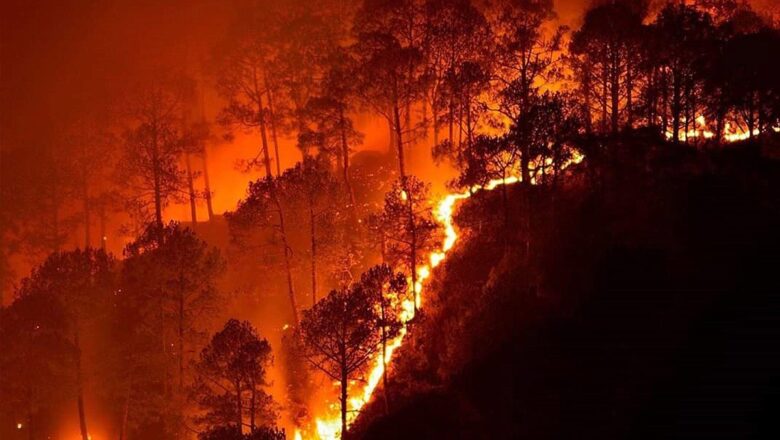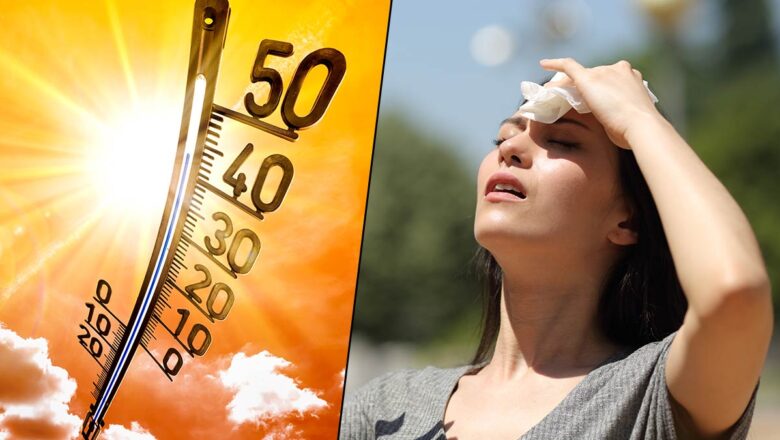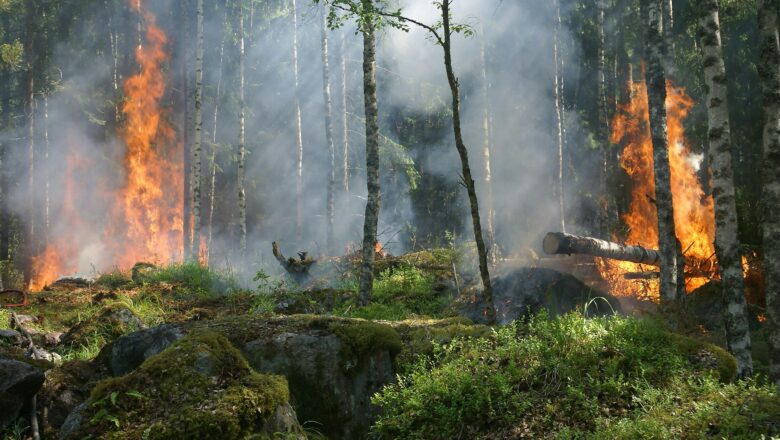
Heat Rising, Risks Rising: Climate Change Threatens Global Maternal Health
A new global analysis reveals that extreme heat, intensified by climate change, is endangering maternal health and birth outcomes around the world especially in vulnerable regions with limited access to healthcare. According to data from Climate Central, rising temperatures over the past five years have dramatically increased the number of high-risk heat days for pregnant women across the globe.
The report assessed daily maximum temperatures between 2020 and 2024 in 247 countries, territories, and dependencies, as well as 940 major cities. It focused on what researchers call “pregnancy heat-risk days” those with maximum temperatures warmer than 95% of all historical temperatures at a given location. These conditions are closely associated with heightened risks of preterm birth and pregn...


